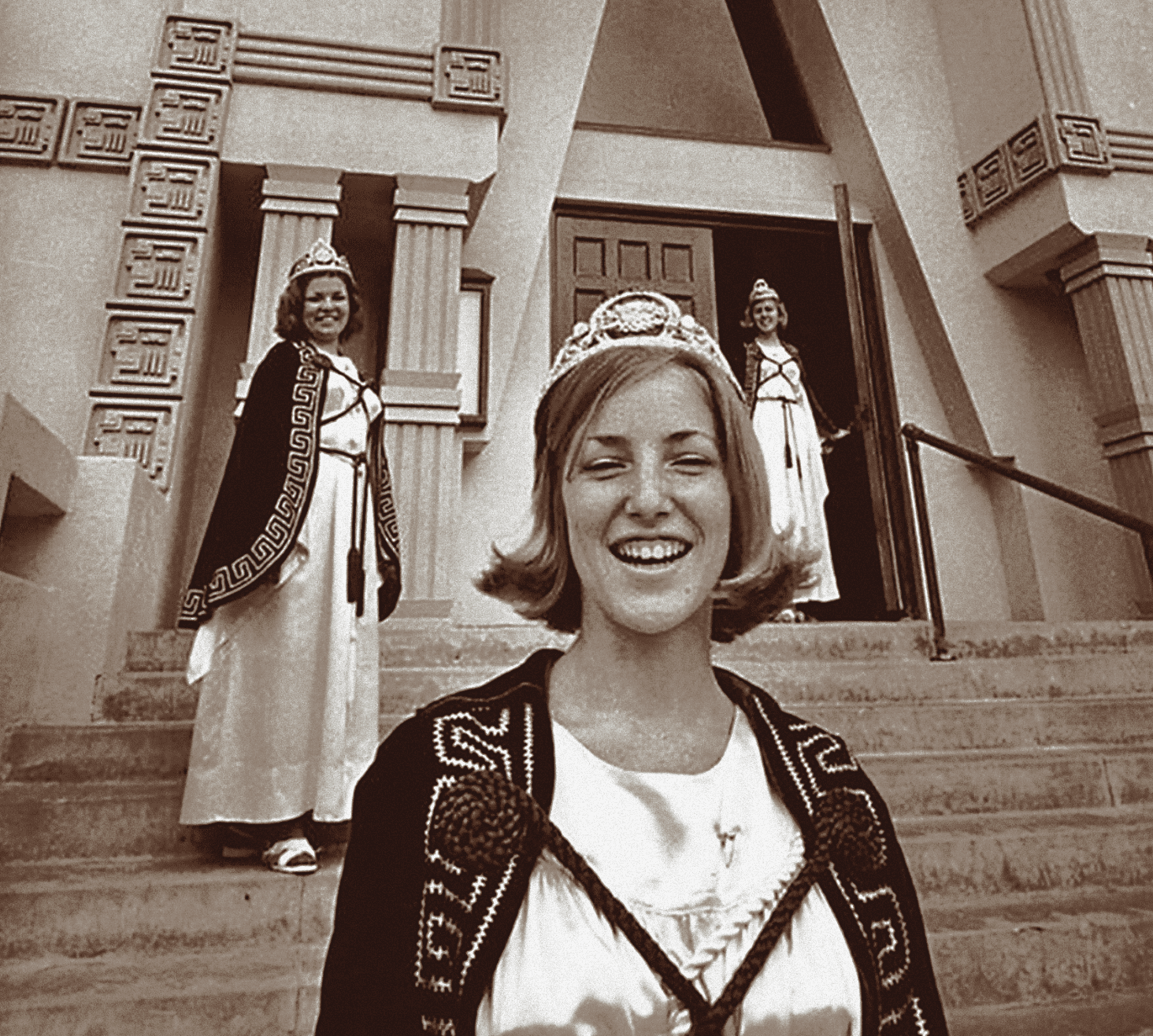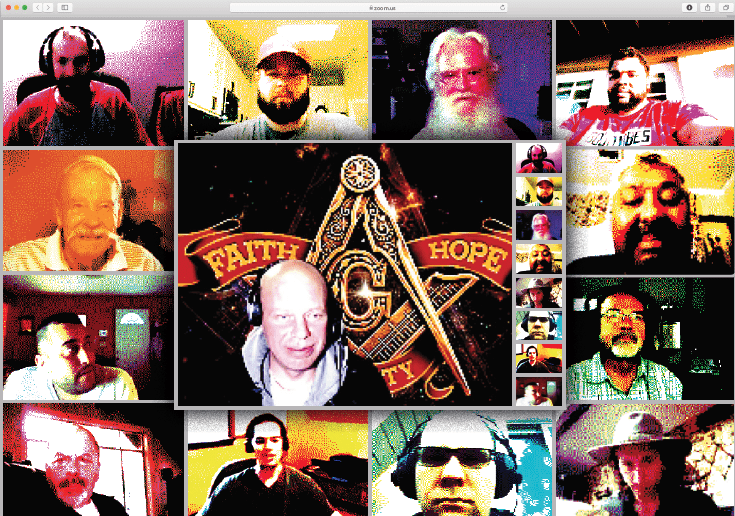
100 Years Later, Still Leaning In
A century after its founding, Job’s Daughters keeps on evolving.
By Ian A. Stewart
Anthony Onesto needed a break from playing dolls with his two young daughters. So he came up with a game. One day, he announced that Barbie was going to open a business whatever kind his girls wanted. Before long, Barbie was in charge of a dog food store. Father and daughters hatched a business plan for it, launched a charity drive for pets in need, and hired Ken dolls as workers. What began as a way to liven up playtime was suddenly an invaluable primer on business, economics, and entrepreneurship. A few years later, inspired by the experience, Onesto created Ella the Engineer, a STEM-themed comic book aimed at young girls.
It’s examples like that, of fathers twisting the parenting dial by just a few degrees, that fascinates Michelle Travis, author of Dads for Daughters: How Fathers Can Give Their Daughters a Better, Brighter, Fairer Future. Travis, a professor of labor law specializing in work-life issues at the University of San Francisco, explains that fathers are in a position to make a difference in not only the lives of their girls, but, crucially, in the world they step into. California Freemason spoke with Travis about soccer dads, STEM camp, and how fathers can affect their daughters’ lives for the best.
California Freemason: What does research show about how men change when they have daughters?
Michelle Travis: Dads today are really shifting the goals they have for their daughters. One recent survey asked what characteristics dads wanted to inspire in their daughters, and for a huge number of men, “strength and independence” was among the top responses. So that’s one part of it. There’s another part that’s outside the day-to-day of parenting: It’s how dads connect their roles as fathers with their roles as a worker, a leader, and someone in the community. Research shows that when men have daughters, it tends to make them less tied to traditional gender roles and more supportive of antidiscrimination laws and gender equity laws.
CFM: And that has to do with having “standing,” right?
MT: Yes, standing is a word that social scientists use. It comes from the idea that when a man speaks out on behalf of a cause like women’s equality, it’s often perceived as being against their own self-interest. But that goes away when the speaker identifies an authentic vested interest in the outcome. For men, that means invoking your status as a father of a daughter as a genuine motivation for why you care about having a more equal world.
CFM: Is it important for men to be involved in youth organizations like Job’s Daughters?
MT: For one thing, having men involved in those kinds of organizations is important just as a skill building exercise. Girls are going to be entering a world where they have to interact with men, so it’s important to learn to navigate that early. And externally, rightly or wrongly, it gives credibility to programs to have powerful leadership from men. It says we care about this enough to invest our time in it.
CFM: A lot of men use sports to connect with their daughters, like volunteering as a soccer or softball coach. How does that fit into this equation?
MT: It’s a fantastic starting place. Sports are so important. Girls’ participation in athletics correlates with higher levels of self-esteem and better performance in school. And for fathers, it’s a place where you can start to see the sources of inequality. You see how much less money gets funneled into the girls’ teams, and to recognize the barriers facing girls’ athletics. It’s a launching pad to start asking bigger questions.
CFM: Outside of sports, where else can fathers help support their daughters’ development?
MT: Dads can have a big impact by engaging their daughters in fields that currently have a lot of gender inequality, like STEM and entrepreneurship, where the pipelines for women are not well developed. Those are both dominated by men, and part of the reason for that has to do with cultural messages that nudge young girls in other directions. It can be as easy as taking your daughter to a science museum, or building something together in the backyard, or setting up a fundraising drive or a lemonade stand. Those kinds of activities are really enjoyable and also have huge benefits in the long run to spark girls’ natural skills in those fields.

A century after its founding, Job’s Daughters keeps on evolving.

A resort-town Masonic lodge goes digital—and the prospects follow.

Grand Master Trauner explains that what Masonry gives us, we give our daughters.